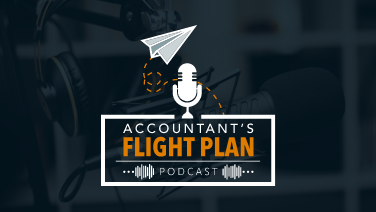DUE DILIGENCE FOR AN ACCOUNTING FIRM PURCHASE IS NOT AN AUDIT.
Due diligence of a CPA practice, accounting firm, or even bookkeeping practice is usually not as complicated as many buyers first believe. I came up in the profession on the audit side and I can remember feeling like audits would last forever. Due diligence when buying a practice should be thorough, but it should not be like a formal audit.
It’s important to approach the process in the right order. Focus first on the very high-level information and wind your way down to the more detailed information.
We’ve seen buyers want to jump right into the details and once that happens, it can interfere with being able to grasp the big picture. Most of the high-level information is gathered through inquiry. Start there. When you “get into the weeds” you should only be verifying the information previously conveyed.
BELOW ARE 7 AREAS MOST BUYERS SHOULD FOCUS ON DURING DUE DILIGENCE:
- Getting to know the seller. It’s amazing what can be learned through good dialog. Do you trust the seller? Trust is crucial.
- Understand the existing staff of the firm. Anticipate any competitive threats, as well as future hiring needs.
- Know the client industries and ages, as well as the level of complexity of the client work.
- Review the firm’s billing/pricing practices. Understand how appropriate the fees are for the value of the work being done. If they are low, this is not necessarily a deal breaker. It might mean the practice is a bit of a bargain. (Fee increases can be implemented if done well. Check out our price increase letter template for more information on fee increases.) Many people are afraid fee increases will cause them to lose clients. Our experience is that client loss is rarely a symptom of fee increases.
- Review a sample of client files to understand the quality of the working papers.
- Tie reported revenue to tax returns or bank statements.
- Review accounts receivable. (Even though accounts receivable are typically not included in the purchase.) It’s helpful to know how clients pay and which ones are slow to pay.
Remember to trust your instincts and be prepared to ask questions. If you were an auditor, keep materiality in mind. Don’t get hung up on the little stuff….probably 80% of what truly can impact your decision can be determined rather quickly and easily.




